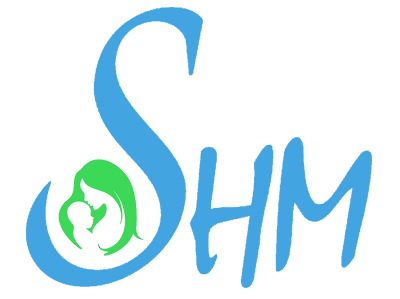Swallowing disorder or Dysphagia is a condition when you take more time and effort to move food or liquid from your mouth to your stomach. It also causes pain during swallowing food and can occur at any age. But mostly aged adults suffer from swallowing disorder.
Symptoms of Swallowing Disorder
Symptoms of swallowing disorder are many. These are:
- Pain while swallowing (odynophagia)
- Inability to swallow
- Coughing or choking on bits of food or liquid, or saliva not moving easily, which may lead to aspiration
- Sensation of food getting stuck in your throat or chest
- Drooling
- Sensing of a “lump” in the throat
- Regurgitation (bringing food back up)
- Frequent heartburn
- Food or stomach acid which backs up into your throat
- Unexpected weight loss
- Coughing or gagging when swallowing
- Needing to cut food into smaller pieces
- Avoiding certain foods because of trouble swallowing
Causes of Swallowing Disorders
Swallowing Disorders may be caused by several conditions, such as:
- Acid reflux
- Throat infections (such as tonsillitis)
- Age-related swallowing muscle weakness
- Food or other foreign body becoming stuck in the throat (particularly in older patients)
- Weakness or scar of the esophagus
- Vocal fold paralysis or weakness
- Side effect of medications
- Tumors (throat, lung, esophageal cancer)
- Prolonged illness needing long stays at the hospital
- Past surgery or radiation to the neck, back, or chest
- Neurological disorders such as Parkinson’s disease, multiple sclerosis (MS), amyotrophic lateral sclerosis (ALS, also known as Lou Gehrig’s disease), Myasthenia Gravis
- Neurological damage due to stroke or brain or spinal cord injury
Diagnosis of Swallowing Disorders
Depending upon the symptoms of swallowing disorders, the doctors recommend for diagnosis procedures. The various diagnostic procedures include:
Flexible Laryngoscopy: To view the structures of the larynx a small flexible camera is passed through the nasal passage, through the nasopharynx into the throat.
Modified barium swallow study (MBS): Barium is a whitish paste that allows the barium coated substances to light up under an X-ray. This helps the doctor determine how these substances are moving through your mouth, pharynx, and esophagus.
Flexible Endoscopic Evaluation of Swallowing (FEES): The doctor can observe how food and liquid passes through the throat through FEES. The procedure also includes a small flexible Laryngoscopy to view the swallow.
Esophageal Manometry: This test is done to see whether the esophagus is working properly. Esophageal Manometry measures the rhythmic muscle contractions occur in the esophagus at the time of swallowing. The coordination and force exerted by the muscles of the esophagus is also measured by this test.
Treatment of Swallowing Disorders
Treatment of swallowing disorders depends on the severity of the condition. While preparing the treatment plan, the ENT specialist considers the nourishment and the risk of pneumonia and other pulmonary infection. Different treatment procedures for swallowing disorders include:
Dysphagia Therapy: A speech and language therapist suggests certain exercises and strategies to help strengthen the muscles of swallowing. This also re-coordinates the timing of swallowing and results in a safe and effective swallow.
Diet modifications: Diet modification is an exclusively individualised procedure. The doctors may recommend for various diet modifications depending on the type of dysphagia.
Esophageal Dilation: Esophageal dilation is performed by the doctor to stretch or dilate esophagus, if you have a tight esophageal sphincter or an esophageal stricter.
Besides, medical management for Gastroesophageal reflux disease (GERD), Botox injection and surgical procedures such as Endoscopic Cricopharyngeal Myotomy or Zenker's Divericulectomy are suggested by doctors to treat swallowing disorders.
About CURA
at Suresh Hospital, the profoundly experienced ENT specialists offer effective treatments for swallowing disorders in a wonderful set up.
